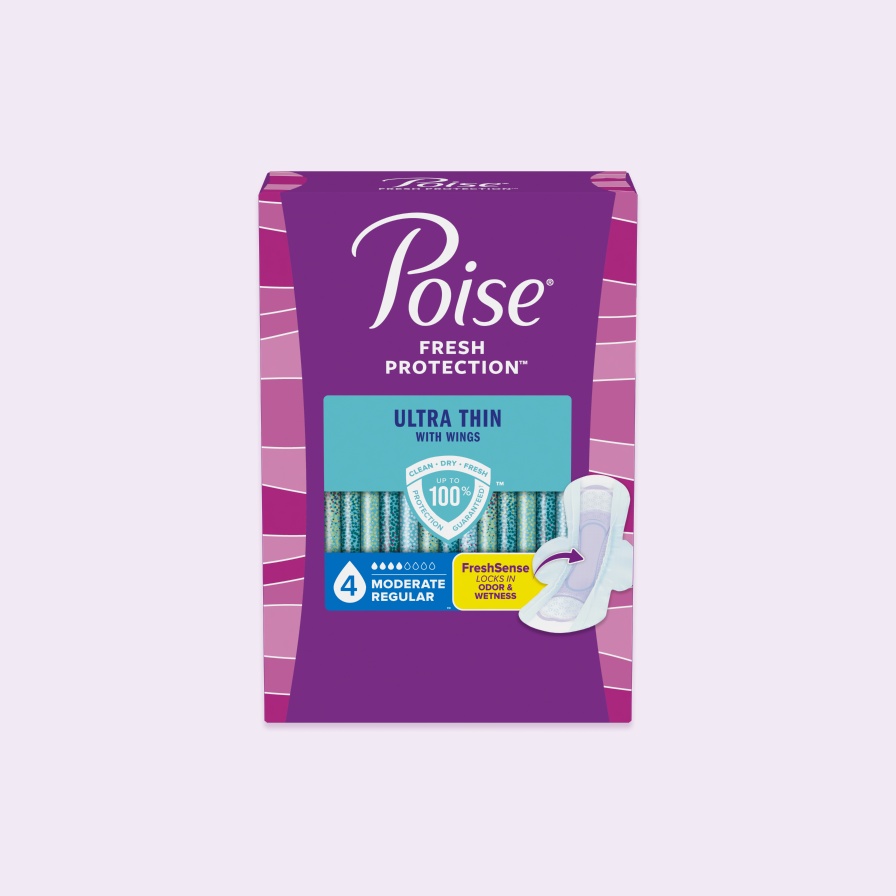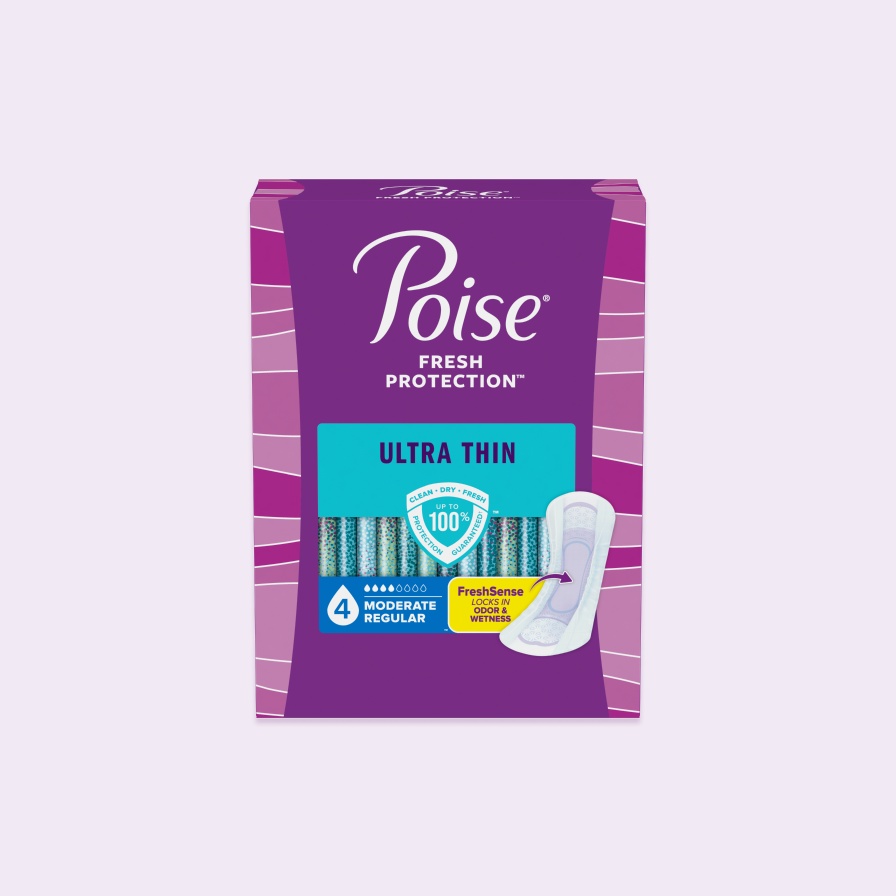What is a Hot Flash?
What is a Hot Flash?
Just about every woman has heard of the dreaded hot flash, the most common symptom while transitioning through menopause. But what is a hot flash? What is going on inside the body that causes the hot flash? Does every woman in menopause get them? Can they be dangerous? Is there something that can be done to minimize them, stop them in their tracks when they occur, or keep them from happening at all?
Let's explore the mysterious hot flash. With knowledge comes power and what woman among us doesn't want to feel powerful and in control.
Description of a Hot Flash
A hot flash as it pertains to menopause is simply this: an intense feeling of heat that usually starts at the waist and moves quickly up towards the face. It can take 30 to 60 seconds to reach the face where it finally dissipates. During the hot flash episode you may feel yourself perspiring, ok sometimes sweating; and along with the sweating you may notice that your heart rate has increased. Very rarely would a hot flash cause nausea or dizziness. But you may find yourself with an overwhelming desire to rip your clothes off! This is the kind of hot flash that will get your attention. And although at times you may feel if the hot flash doesn't stop soon you're going to die, hot flashes do not kill. The danger comes in feeling so frustrated and out of control; you could kill others if they don't get out of your way.
Not all hot flashes are considered equal. They are like fireworks. Some are big, beautiful explosions of intense heat and color while others fizzle out quickly. You never know when they begin which kind they'll be. The frequency is also unpredictable. Eventually all women who experience menopause hot flashes realize they're in the "change" but it doesn't mean you have to like them, or not want to stop them from happening. And even though we would like to expect all our friends will be suffering along with us, some women are the lucky ones. They may have one hot flash and wonder what the rest of us are talking about. That's when we'll probably stop inviting them over to our house for dinner.
Physiology of a Hot Flash
Hot flashes during the menopause transition are caused from a sudden drop in estrogen. Estrogen is the hormone responsible for regulating body temperature. Body temperature is managed by a process of keeping the vessels in the body open with blood flowing easily through them. This is called vasodilatation. When you are having a hot flash the vessels are temporarily constricted. This is not a dangerous process, just annoying.
Reclaiming Your Power
There are many choices when it comes to managing hot flashes. If hot flashes are greatly impacting your day to day life, talking with your doctor is the first place to start. If however you're annoyed by the hot flashes but not desperate, managing the frequency of hot flashes with life style adjustments may work better for you. Remember every woman is unique and what may work for your best friend could be totally wrong for you.
Choices to Managing Hot Flashes fall in three categories:
- Life style changes ? the simplest and non-invasive
- Complementary and alternative therapy
- Hormone therapy
Life Style Changes: I'm sure you've heard the usual advice; dress in layers, decrease caffeine and alcohol intake, no smoking and manage your stress. The use of cooling products: hand held fans or the new roll on cooling gel and cooling wipes (now available from Poise) are great choices. An added step would be:
Aerobic Exercise: 4-5 times weekly (improves circulation which decreases frequency and intensity of hot flashes)
Daily Intake of Plant-based Proteins: (soy, legumes, lentils, beans) - increase intake of omega three fatty fish (salmon, sardines, tuna) at least three times a weekAdequate Rest: This can be hard if you're not sleeping well due to night sweats however, when you're well-rested coping with hot flashes is much easier
Complementary and Alternative therapy: This approach has quickly gained popularity in managing hot flashes, especially since hormones have fallen out of favor as the first approach due to long term risk and side effects. CAM therapy has no reported long term risk and can be stopped at any time without side effects. Examples would be:
- Tai Chi, yoga, meditation, and therapeutic massage
- Acupuncture
- Aromatherapy
Herbs and Supplements: Try soy isoflavones, black Cohosh and/or omega three fatty acids
Hormone Therapy: This was the gold standard for over fifty years in managing hot flashes. Remember a decrease in estrogen during the menopause transition is the cause for hot flashes. So it makes sense if you replace the estrogen the body is no longer producing, you would stop the hot flashes. Most women know by now with the release of the infamous WHI study back in 2002, that replacing estrogen during menopause may come with a big price. It is beyond the scope of this article to discuss in depth the pros and cons of hormone therapy. Suffice it to say however: most women won't need it, some women will, there is no size that fits all. We're all unique. Be sure to discuss your options with your doctor.Putting It All Together
As you can see there is no "normal" when it comes to hot flashes; how many hot flashes you'll have in a given day, the intensity, or even how long you'll have them. Everyone has a unique "health print". There are many variables from women to women. Although some women report continuing to have hot flashes long after the menopause transition is completed, for most a two to ten year period is the average. There are many choices to managing hot flashes. You don't have to suffer. Be open to exploring your options, talk to your friends, keep an open mind and always remember - this too will pass.
Recommended Products
Absorbency Level
Absorbency Level










